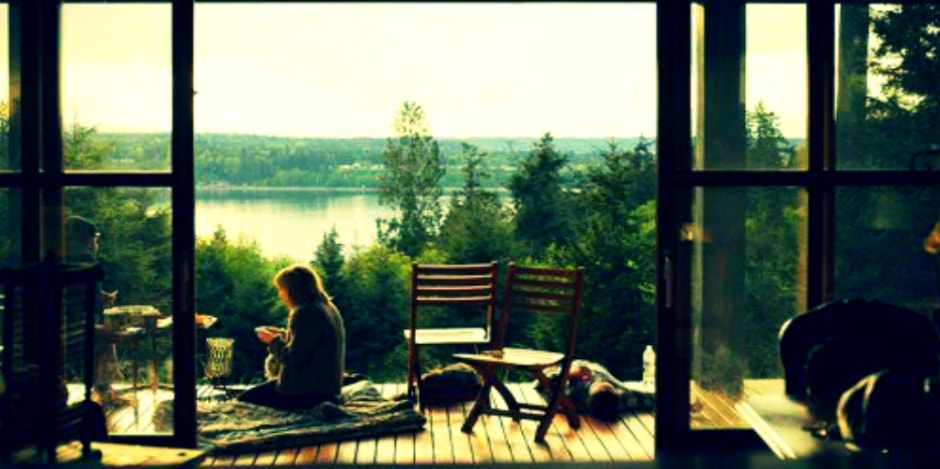Why Lonely People Tend To Stay ... Lonely
A surprising explanation.
 weheartit
weheartit We may sometimes try to convince ourselves that we'd be better off if we remained alone, but why do people decide to stay lonely? New York Magazine's "Why Lonely People Stay Lonely," discovers a surprising explanation.
There are health issues that arise from being lonely. In fact, "loneliness increases a person's risk of mortality by 26 percent, an effect comparable to the health risks posed by obesity, according to a study published this spring." Loneliness can also lead to mental health issues such as depression and anxiety.
With these risks, why would one choose to be lonely? As NY Mag notes, "One long-held theory has been that people become socially isolated because of their poor social skills and, presumably, as they spend more time alone, the few skills they do have start to erode from lack of use."
However, with the help of recent studies, this is a big misconception. It's not that lonely people lack social skills or can't understand them; rather, when expected to use them they "choke."
Professor Megan L. Knowles of Franklin & Marshall College conducted an experiment in order to find out why this happens. In her paper, published in Personality and Social Psychology Bulletin, Knowles "led four experiments that demonstrated lonely people's tendency to choke when under social pressure."
In one experiment, "Knowles and her team tested the social skills of 86 undergraduates, showing them 24 faces on a computer screen and asking them to name the basic human emotion each face was displaying: anger, fear, happiness, or sadness."
When put to the test, lonely participants did much better than their non-lonely counterparts. However, this was only the case when the lonely participants were told they were taking a general knowledge test.
Why would lonely people be better at reading emotions than non-lonely people? It's believed that "lonely people may be paying closer attention to emotional cues precisely because of their ache to belong somewhere and form interpersonal connections, which results in technically superior social skills."
So, lonely people actually don't want to be lonely — it's their desire to belong that causes them to seem like they lack social skills. They know how to be social, but they're too concerned about choosing the correct social cues to make a good impression.
Who would want to feel this pressure all the time? This is exactly why some people prefer to keep to themselves.

